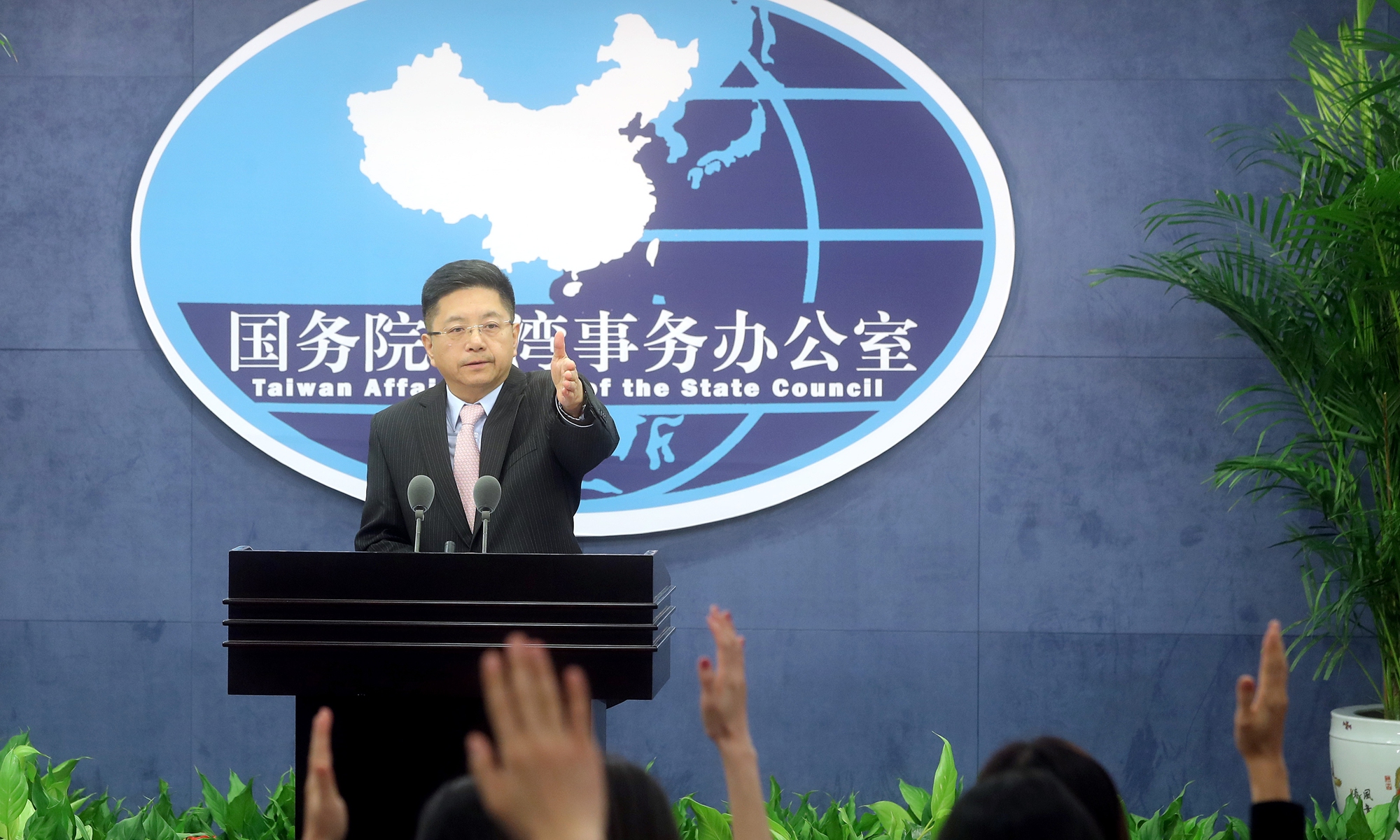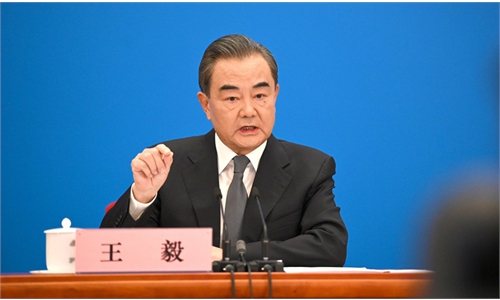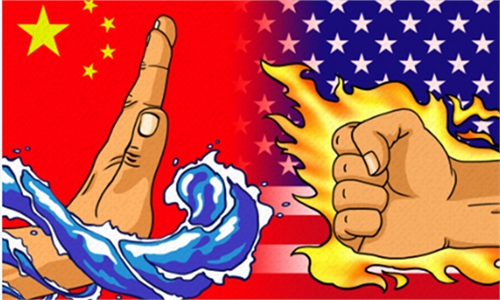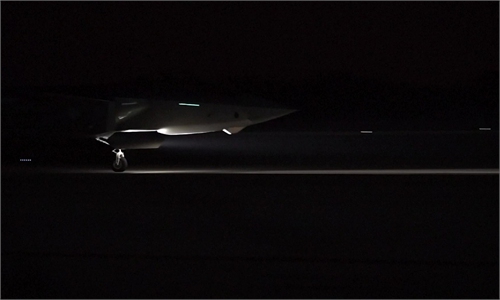China punishes diehard 'Taiwan secessionists,' foundations and companies in accordance with law

Ma Xiaoguang Photo: cnsphoto
Chinese authorities announced Wednesday that a number of diehard "Taiwan secessionist" individuals, two funds, and multiple companies related to secessionist activities will be punished in accordance with the law, after US House Speaker Nancy Pelosi landed in Taiwan island Tuesday night in disregard of stern warnings from China, a visit that has sent a wrong message to "Taiwan independence" forces and has escalated the tension across the Taiwan Straits.
"We warn Tsai Ing-wen and the Democratic Progressive Party (DPP) authorities that they only accelerate their demise and push Taiwan into the abyss of disaster by pursuing 'independence' with provocative acts and linking up with external forces," said Ma Xiaoguang, a spokesperson of the Taiwan Affairs Office of the State Council, on Wednesday.
The authorities will take punitive measures against the "Taiwan Foundation for Democracy" (TFD) and the "International Cooperation and Development Fund" (ICDF), two organizations that have close ties with diehard secessionists, said Ma.
They will be prohibited from cooperating with mainland organizations, enterprises and individuals. Organizations, enterprises and individuals providing financial support or services for them will also be punished.
According to public information, TFD is chaired by You Si-kun, head of Taiwan's legislative body from the DPP, while the ICDF was chaired by Joseph Wu, leader of the external affairs authority of Taiwan island. Both You and Wu are on the mainland's list of diehard Taiwan secessionists, along with Soo Tsing-tshiong, leader of Taiwan's "executive authority."
Enterprises that have donated to the two funds, such as Speedtech Energy, Hyweb Technology, Skyla Corporation, Skyeyes GPS Technology, are to be prohibited from conducting any transactions or cooperation with mainland organizations, enterprises and individuals. The persons responsible for these enterprises are banned from entering the Chinese mainland.
The two funds, in the guise of "democracy" and "cooperation and development," have engaged in "Taiwan secessionist" activities around the world, attempting to relying on external anti-China forces, use money as bait to expand the so-called "international space" of Taiwan, and undermine the one-China framework of the international community, said Ma.
A small number of diehard Taiwan secessionists who are engaged in secessionist activities and serve as pawns of external anti-China forces will be punished for their crimes and will be held accountable, said the Taiwan Work Office of the Communist Party of China Central Committee on Wednesday.
The "Taiwan secessionists" are the biggest obstacle to China's reunification. Their words and deeds blatantly challenge China's sovereignty and territorial integrity, as well as the rule of law of the country, said a spokesperson for the office.
The national security bureau in Wenzhou, East China's Zhejiang on Wednesday placed Yang Zhiyuan, a 32 year-old man from Taiwan under criminal detention and investigation for allegedly engaging in "Taiwan independence" separatist activities and being suspected of endangering national security.
Those "two-faced" businessmen make money from the mainland via favorable policies while acting as benefactors of "Taiwan secessionists" in the island, Xin Qiang, deputy director of the Center for American Studies at Fudan University, told the Global Times on Wednesday. He noted that the punitive measures over these involved institutions and enterprises are a "continuation of previous policies."
Zhang Hua, a research fellow at the Institute of Taiwan Studies, the Chinese Academy of Social Sciences, told the Global Times on Wednesday that the law on punishing secessionists is complete and ready in the mainland.
"Taiwan secessionists" can be judged according to the Criminal Law for splitting the country, destroying the reunification, and endangering national security, the expert said.
Zhang Wensheng, deputy dean of the Taiwan Research Institute at Xiamen University, told the Global Times on Wednesday that after reunification, the Chinese mainland can collect evidence against "Taiwan secessionists" in accordance with the Criminal Law, set up special courts to try them in absentia, and start a global manhunt and arrest operation.
In addition, the scope of sanctions can be extended to the family members of "Taiwan secessionists," which means they'll be banned from business exchanges with the mainland and the institutions they work for should also be punished, Zhang said.
Mainland experts said that it cannot be ruled out that more regulations against secessionists will be adopted in the future. Considering that the Anti-Secession Law is more of a framework and principle law, the mainland could formulate a specific law targeting Taiwan secessionists, similar with the national security law for the Hong Kong Special Administrative Region.
China also imposed economic punishment on Taiwan secessionists. Customs of the Chinese mainland suspended imports of citrus fruits and some frozen fish from the island. Chinese Commerce Ministry announced the export of natural sand to Taiwan will be suspended from Wednesday.




